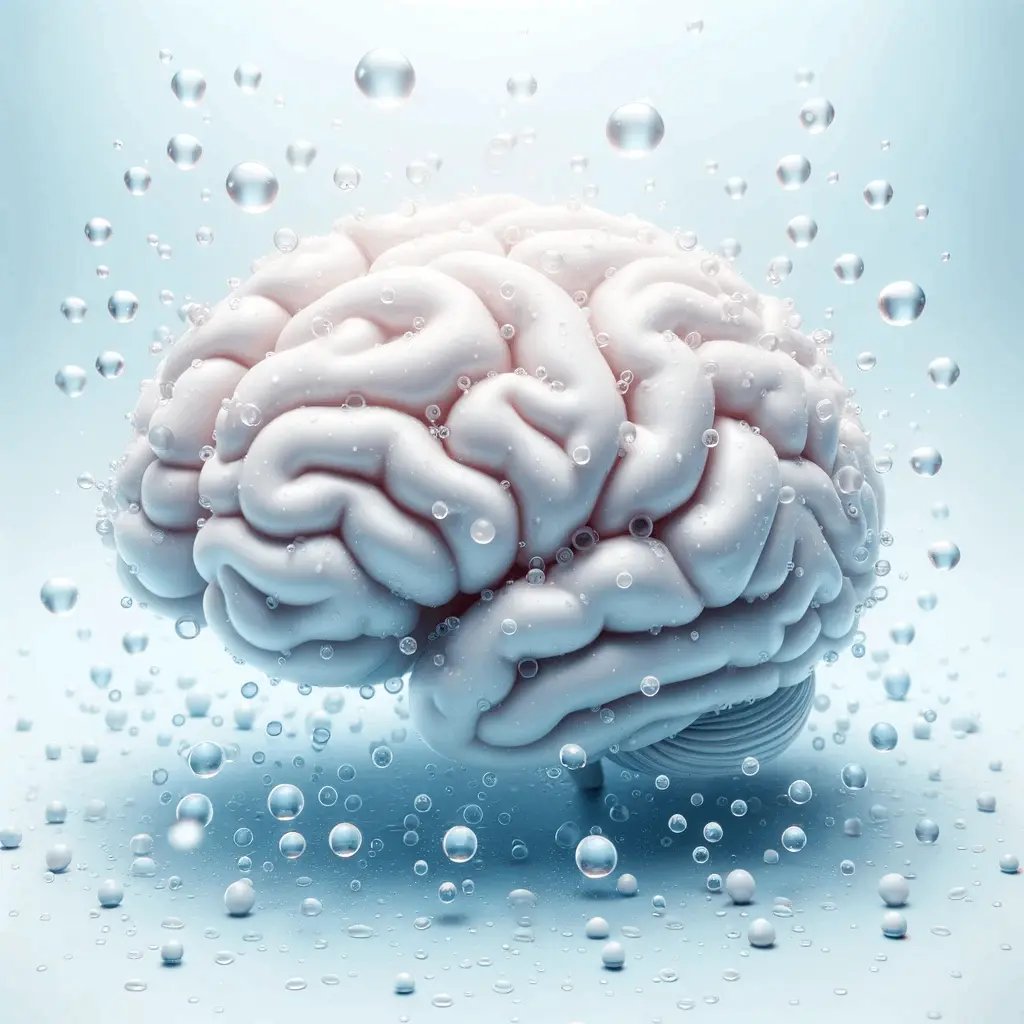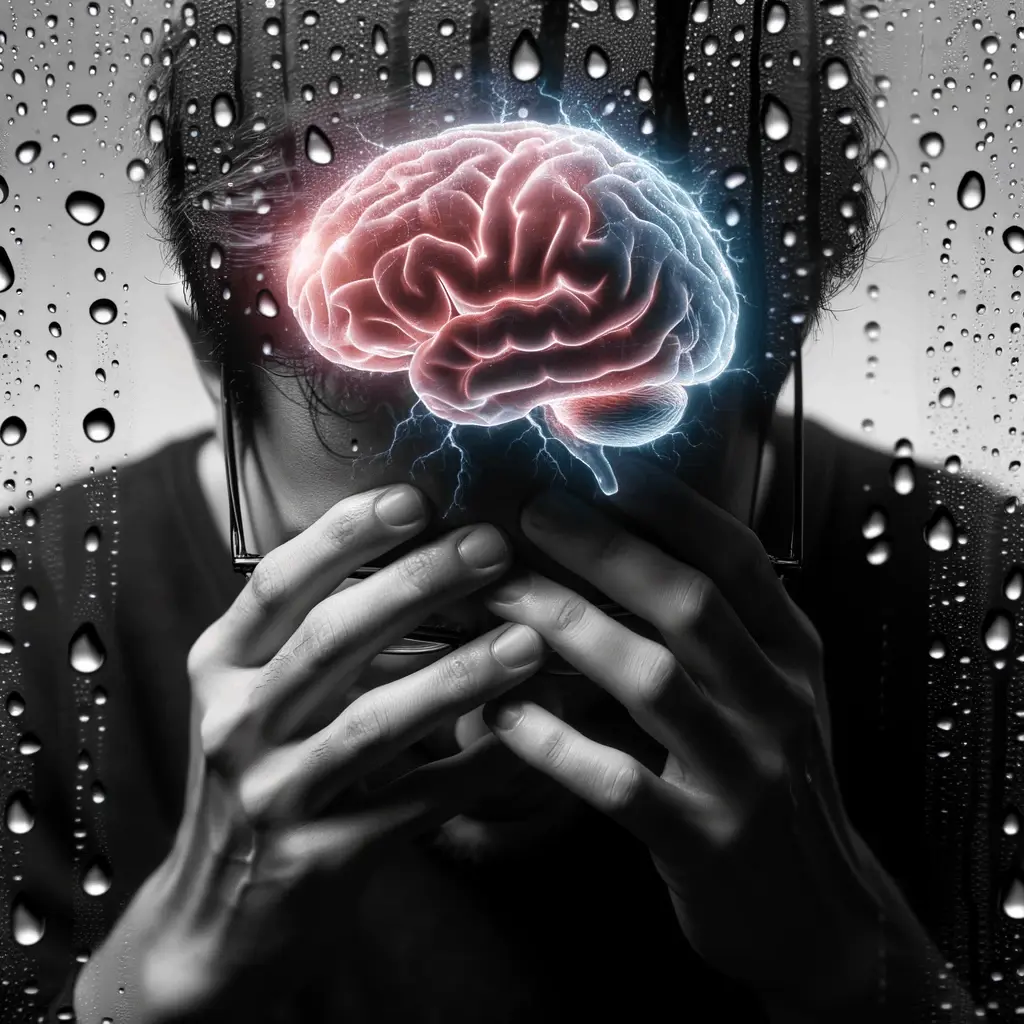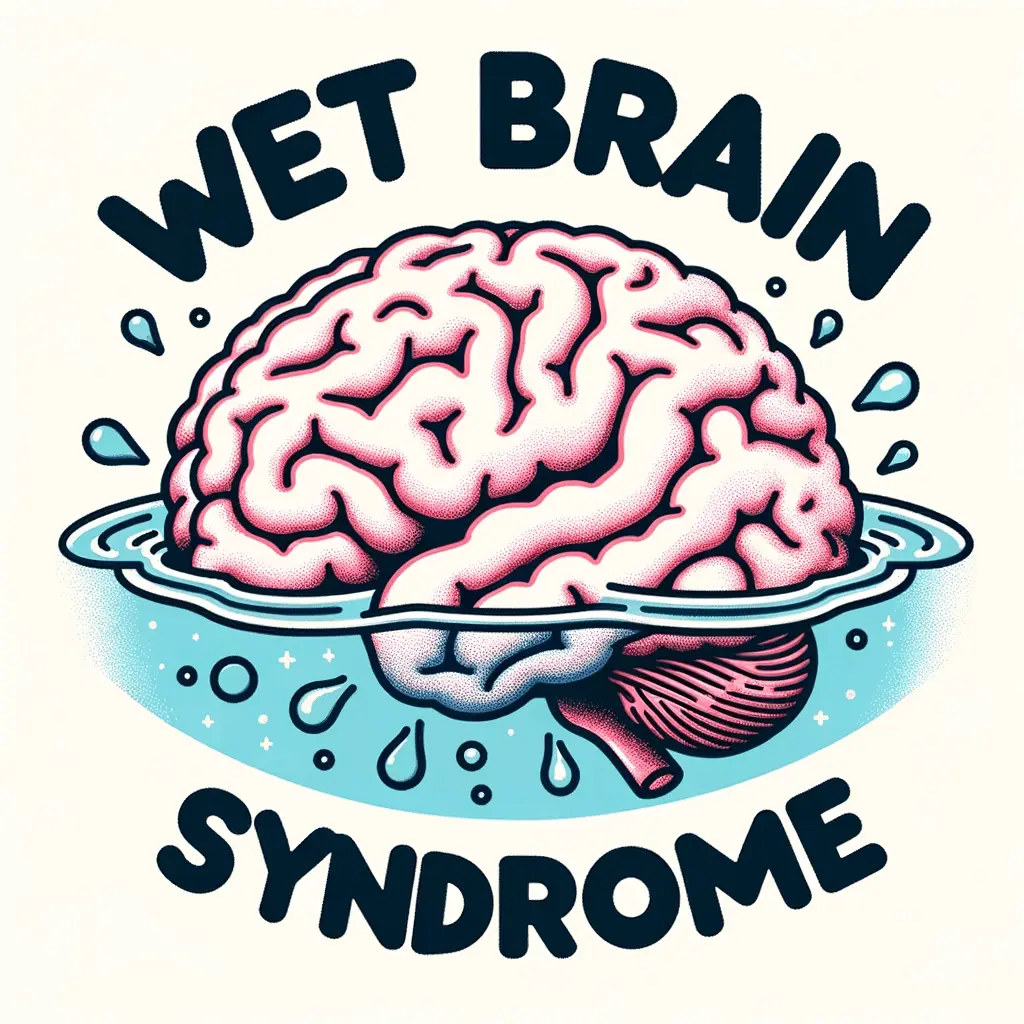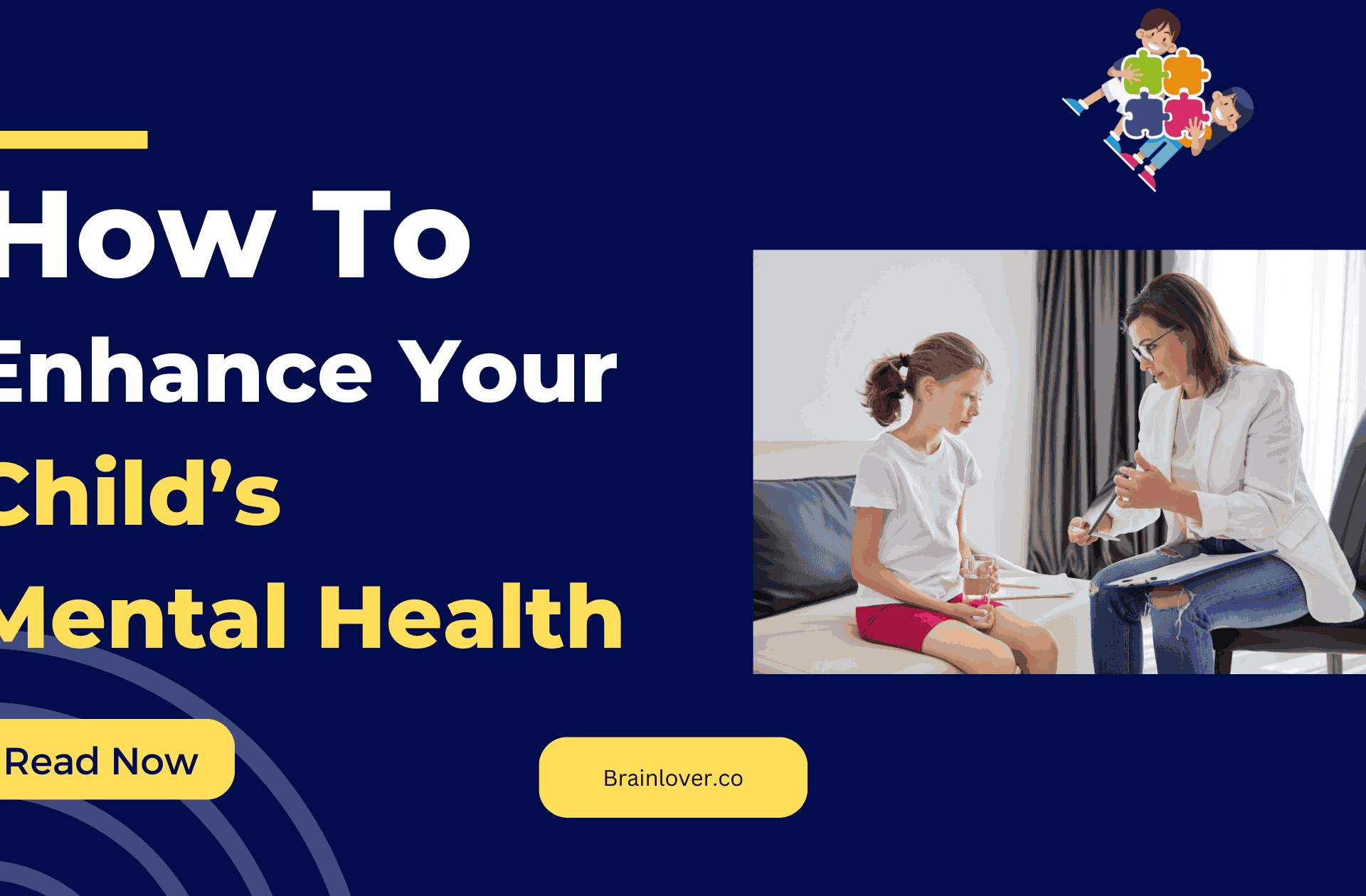Wet Brain Syndrome: Causes, Symptoms, and Treatment Options

Wet Brain Syndrome, scientifically known as Wernicke-Korsakoff syndrome, is a serious neurological disorder often associated with chronic heavy drinking.
At its core, the syndrome is a severe form of brain damage that results from a deficiency in thiamine, or vitamin B1.
It’s a condition caused by a lack of essential nutrients, often seen in individuals who consume alcohol excessively.
The reason?
Alcohol hampers the body’s ability to absorb and use thiamine, leading to detrimental effects on the brain and causing symptoms like mental confusion, memory loss, and physical coordination issues.
How to Recognize the Symptoms of Wet Brain Syndrome

Recognizing the symptoms of Wet Brain Syndrome isn’t always a walk in the park, especially in the early stages.
Wernicke’s encephalopathy is typically the first stage, characterized by various symptoms, including:
- Mental confusion
- Coordination problems
- Leg tremors
- Vision issues
- Hypothermia
- Low blood pressure
- Nystagmus (rapid eye movement)
- Double vision
- Drooping eyelid
As Wernicke’s syndrome progresses, maintaining normal mental activity becomes increasingly challenging. In severe cases, it may lead to comatose states and even death. Early signs of this disorder should never be disregarded.
Once the symptoms of Wernicke’s encephalopathy are established, Korsakoff’s syndrome, the second stage, may arise. Symptoms of Korsakoff’s syndrome include:
- Confabulation (fabricating stories)
- Hallucinations (usually auditory or visual)
- Memory loss (mild to severe)
- Amnesia and difficulty forming new memories
- Vision problems
- Tremors
Similar to Wernicke’s encephalopathy, Korsakoff’s syndrome can also progress to coma and death.
Both syndromes comprising wet brain are extremely severe and require prompt attention to avoid further neurological symptoms and serious consequences.
Different Types of Treatment Available for Wet Brain Syndrome

There are several courses of treatment available for Wet Brain Syndrome. These primarily focus on halting the progression of the disease and improving the patient’s quality of life:
- Thiamine Replacement Therapy: Thiamine is an essential nutrient that the body cannot produce itself. Receiving thiamine through injections or oral supplements is often the first step in treating Wet Brain Syndrome. This treatment aims to restore the body’s thiamine levels and prevent further damage to the brain.
- Nutritional Rehabilitation: A balanced diet is crucial for patients recovering from Wet Brain Syndrome. Nutritional counseling can help patients understand the importance of proper nourishment and guide them towards healthier food choices.
- Alcohol Detox and Rehabilitation: Given that excessive alcohol consumption is a key contributor to Wet Brain Syndrome, alcohol detoxification is a critical part of treatment.
- Cognitive Therapy: This form of therapy can help patients improve memory, decision-making skills, and other cognitive functions. It may involve problem-solving exercises, memory training, and other cognitive enhancement techniques.
- Pharmacotherapy: In certain cases, medications may be used to manage symptoms or treat co-occurring conditions. These should always be prescribed and supervised by a healthcare professional.
- Support Groups and Counseling: Emotional support and counseling can be beneficial for patients and their loved ones. Support groups provide a safe space to share experiences and learn from others facing similar challenges.
It’s important to note that treatment effectiveness varies among individuals, and what works best will depend on the severity of the condition and the individual’s unique needs. Always consult with healthcare professionals to choose the most suitable treatment plan.
Dietary Recommendations for Those with Wet Brain Syndrome

Adopting a balanced diet is crucial for those diagnosed with Wet Brain Syndrome. This typically includes nutrient-rich foods that can help provide the body with essential vitamins and minerals it needs to function properly.
- Thiamine-Rich Foods: As thiamine deficiency is a significant contributor to Wet Brain Syndrome, incorporating thiamine-rich foods in the diet is essential. Sources include whole grains, meat (particularly pork), fish, nuts, and seeds.
- Vitamin-B Complex Foods: Apart from thiamine (Vitamin B1), it’s also beneficial to consume foods rich in other B-vitamins like B6, B9, and B12, which are vital for brain health. These include leafy greens, citrus fruits, beans, poultry, and eggs.
- Hydrating Fluids: Adequate hydration is critical in maintaining overall health. People recovering from alcohol addiction should prioritize water and other non-alcoholic, caffeine-free beverages.
- Protein-Rich Foods: Proteins are essential for tissue repair and immune function. Lean meats, dairy products, legumes, and soy-based products are good sources of protein.
- Omega-3 Fatty Acids: Foods rich in Omega-3 fatty acids, like salmon, tuna, flaxseeds, and walnuts, can help support brain health.
It’s advisable to consult with a healthcare provider or a nutritionist for personalized dietary advice. Remember, dietary changes should supplement, not replace, standard treatments for Wet Brain Syndrome.
Tips on Socializing with People Who Have Wet Brain Syndrome

- Empathy and Understanding: Remember that Wet Brain Syndrome is a neurological disorder. Express empathy and understanding, and refrain from blaming or judging the individual for their condition.
- Patience: Communication may be slower or more difficult for people with Wet Brain Syndrome. Thus, patience is crucial. Allow them time to process their thoughts and express themselves.
- Clear Communication: Use straightforward and concise language. Avoid using complex terms or phrases that might be difficult for them to understand.
- Active Listening: Show that you’re genuinely interested in what they have to say. This can help foster a positive social interaction.
- Consistent Interaction: Regular social interaction can contribute to their cognitive function and emotional well-being. Ensure to engage with them consistently.
- Seek Professional Advice: If you’re unsure about how to socialize with a person with Wet Brain Syndrome, don’t hesitate to seek advice from healthcare professionals. They can provide guidance on effective communication strategies.
Remember, supporting someone with Wet Brain Syndrome can be challenging, but your understanding and patience can make a significant difference in their life.
How to Cope With Depression Associated With Wet Brain Syndrome
Dealing with depression related to Wet Brain Syndrome can be an uphill battle, but with the right strategies and support, it can be mitigated.
- Seek Medical Help: Consulting a mental health professional is paramount. They can diagnose and treat depression using a combination of therapies and medications tailored to your specific needs.
- Cognitive Behavioral Therapy (CBT): This form of therapy can help you address negative thought patterns, fostering a more positive outlook and coping mechanisms.
- Support Groups: Joining a support group can provide comfort, reduce feelings of isolation, and link you with others facing similar challenges.
- Stress Management Techniques: Regular physical activity, deep breathing, meditation, or yoga can help reduce stress and anxiety, alleviating symptoms of depression.
- Healthy Diet: Eating a balanced diet rich in fruits, vegetables, lean proteins, and whole grains can boost your mood and energy levels.
- Regular Sleep: Maintaining a regular sleep schedule can regulate your mood and reduce depression symptoms.
- Avoid Alcohol and Drugs: These substances can exacerbate depression and make it harder for your brain to recover.
In conclusion, Wet Brain Syndrome is a serious condition caused by alcohol-related thiamine deficiency, leading to brain damage.
Recognizing the symptoms, seeking prompt medical assistance, and following the recommended treatment plan are crucial steps toward managing this condition effectively.
Remember, you’re not alone in this journey, and help is always available. With proper care, support, and understanding, it is possible to live a fulfilling life despite Wet Brain Syndrome.
Keep communicating openly and honestly with your loved ones, educate them about the condition, practice patience and lean on their support during this challenging time.
Together, you can navigate through Wet Brain Syndrome and maintain healthy connections in your relationships. So don’t lose hope – recovery









